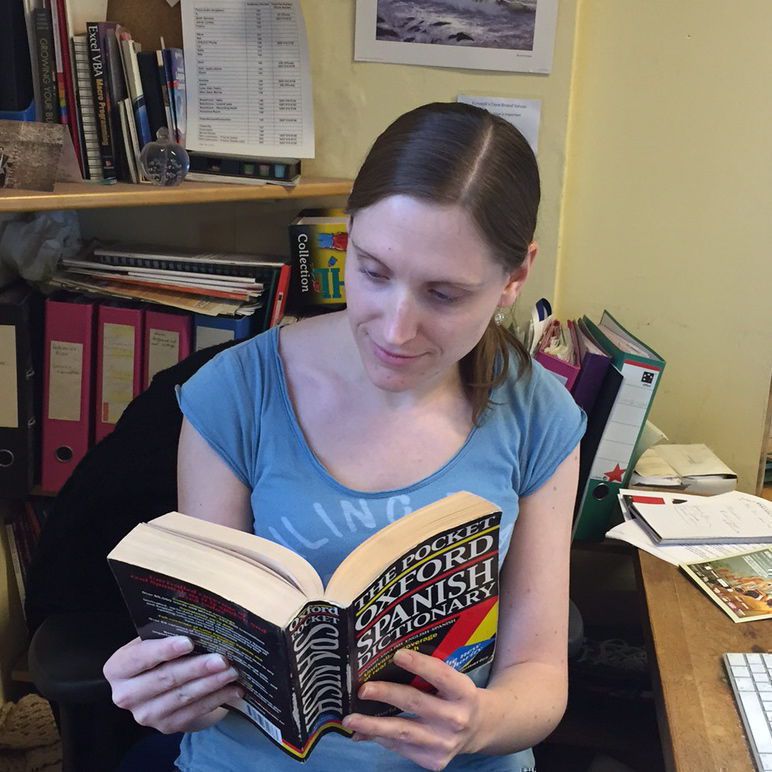The other day, in a moment of idle curiosity, I took an online Spanish test. And it went rather well; when I finished, I was told that I was 87% fluent.
This is very funny, because – to my shame – I haven’t spoken Spanish properly for years. And although the test proved that everything I learnt at school and university is still there in my head, I know the next time I do try and have a conversation, I’ll struggle initially to remember the right words and how to construct sentences correctly. And there’ll definitely be a lot of ‘um’ and ‘er’.
Defining yourself as ‘fluent’ or ‘not’ seems like a simple enough task. Personally, I’d define fluency as the moment you’re able to have a conversation in another language without hesitation, just as you would in your own native language.
But is that setting too high a standard for myself? Surely what I’ve just described is one step on – what we would call native level?
So, I asked a few other EuroTalkers how they define fluency. A couple of responses were very much like mine:
“When you’re able to have a conversation (spoken or written) without making mistakes, without having to pause to think about words and grammar and without referring to a dictionary or other ‘cheat-sheets’. Be able to use the more complex features of a language with ease (e.g. conditionals, obscure tenses).”
“Speaking another language without having to think about it.”
While a couple were willing to be a bit more flexible:
“When you have enough of the language to get through a visit to the country, you can understand a local and they can understand you back when you speak their language.”
“I think minor mistakes are permitted as long as the other one understands you.”
And another one came at the question from an angle I’d never considered:
“You’re able to have any conversation about general knowledge, not specific fields like medicine, for example.”
But there was one thing all the answers seemed to have in common: the key to fluency is confidence, whether you know all the words or not. And that’s why I can’t think of myself as 87% fluent in Spanish; yes, I understand how the subjunctive works, and perhaps I’d even say that I can read the language fluently – but that doesn’t mean I can confidently have a conversation with someone about the weather.
What do you think ‘fluent’ means? Are you fluent in any other languages?
Liz

Fluency is a funny thing.
Language is all about being able to communicate so sometimes missing an odd word but describing what you mean still means you communicate. I do this with my German mum in law a lot!
According to some things I’ve read I’m bilingual English and German.
I can hold my own on some subjects but a discussion on politics could loose me.
According to Lifehacker.com, fluency is knowing 80% of words and phrases in a language. This means you can work out the words and phrases you don’t know yet.
I think if you put yourself in a place you need to regularly use your language skills they will improve.
If you’re using your language skills they will improve.
My goal is to be able to confidently use the language with native speakers, which is what I consider fluency.
Hi Sarah – I agree some mistakes are okay; after all we even make mistakes in our native language sometimes!
I think everyone will have a different interpretation of fluency, and may even be able to call someone else fluent before they can say it about themselves. It’s not an easy thing to put a number on, because just knowing lots of words isn’t enough (or at least not in my case).
I definitely agree with you though that putting yourself in a position where you have to use the language is the best way to get fluent – whatever that means 😉
That insihgt would have saved us a lot of effort early on.